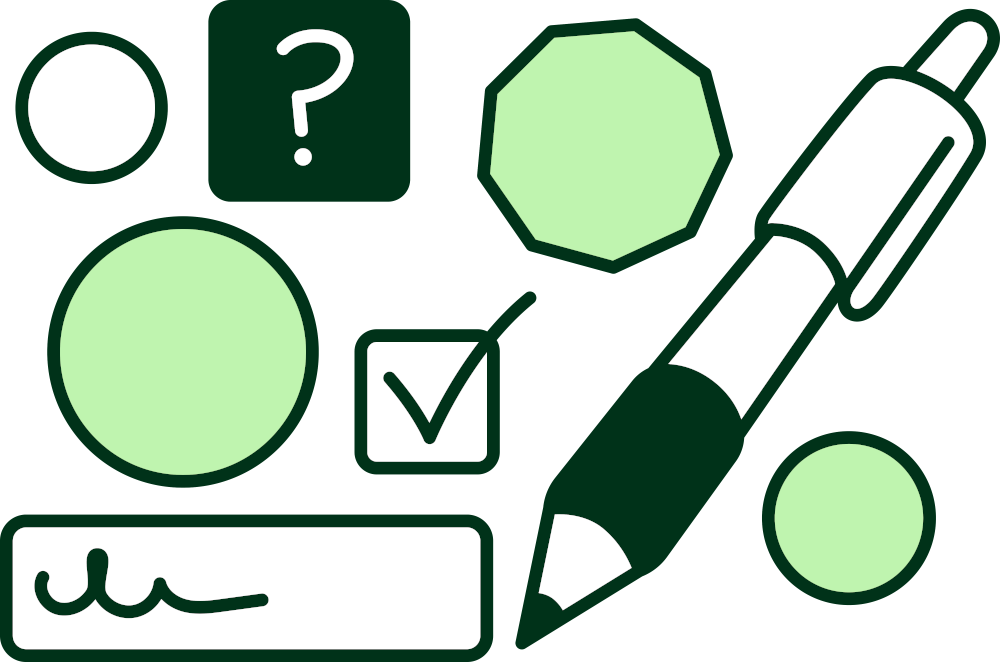What is by now pay later?
With buy now pay later (BNPL) you can buy something, but delay payment until a later date. You can choose it when you buy most things online. Sometimes you have to pay the money back in one go, or you may be able to make several payments, usually spread over three months or more.
Types of BNPL
Short-term BNPL is when you buy something online and can chose to pay after 30 days, or three or four months. Klarna and Clearpay are two of the main short-term BNPL providers.
Longer-term BNPL is usually for more expensive purchases. You are offered the chance to pay after six or more months.
Interest and charges
Short term BNPL agreements are usually interest free, though most charge late payment fees. For example, Klarna adds a £5 fee for any payments made over seven days late.
Longer-term BNPL agreements usually have an interest-free period. If you repay the total amount owed in the interest-free period, then you don’t have to pay interest. If you don’t pay in the interest-free period, interest is added to your debt. If this happens, you may end up paying a lot more for the item than if you’d bought it outright.
Think about what you can afford
With BNPL you may be tempted to buy something you cannot afford. If you can’t afford to pay now, you probably won’t be able to in the future either.
Before using BNPL to buy something, think about whether it is essential. If it’s not essential, it may be better to wait to avoid getting into debt.
If you are using BNPL to pay for everyday items like food or energy bills, it may be that you do not have enough income to pay for all your current outgoings. You can use My Money Steps to work out your budget.
Continuous payment authority
When you buy something on BNPL, you usually give the creditor your card details and set up a recurring payment. This is called a continuous payment authority (CPA). With a CPA the creditor can take repayments from your card on an agreed date. If the money is not in your account the creditor can try again later.
If you have agreed to a CPA and are unable to afford the payment, you can take action to stop the CPA.
If you fall behind with your payments on a BPNL agreement, this can be recorded on your credit file.


